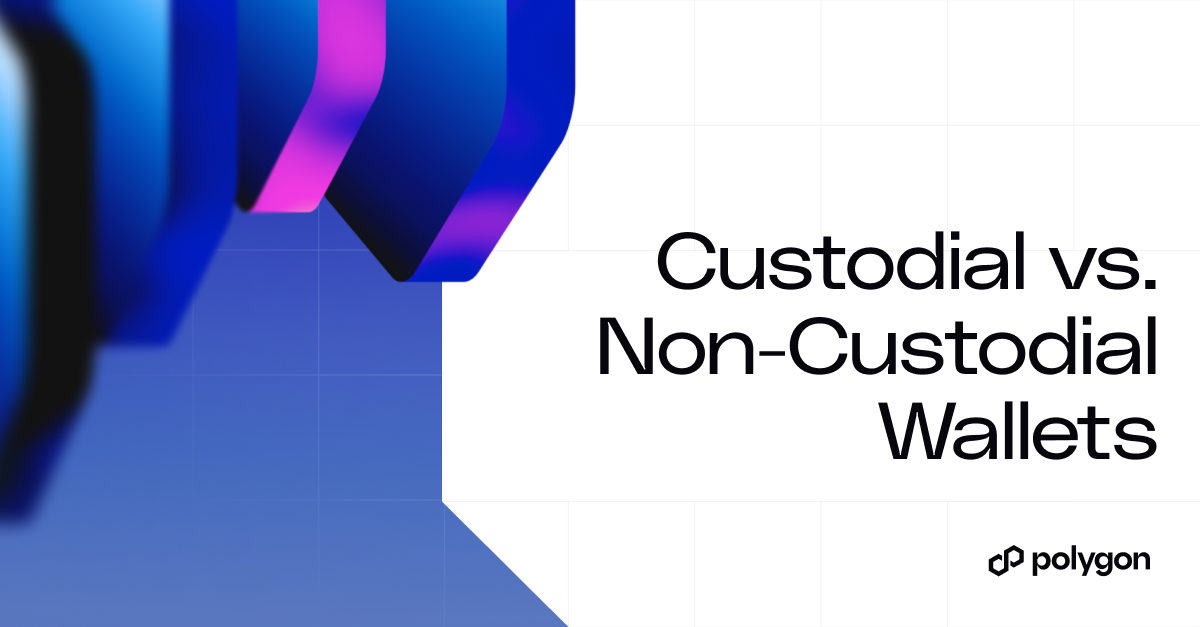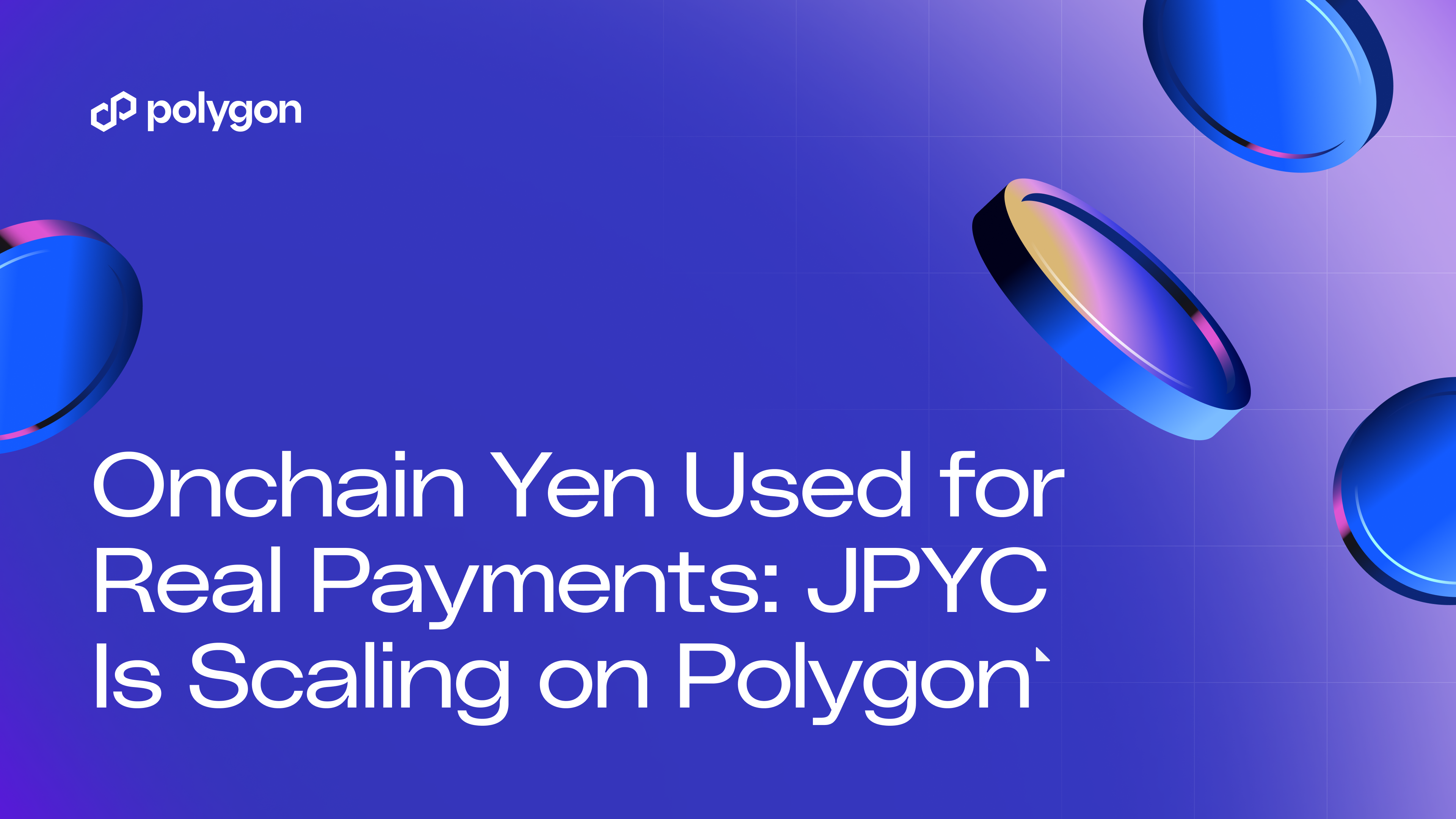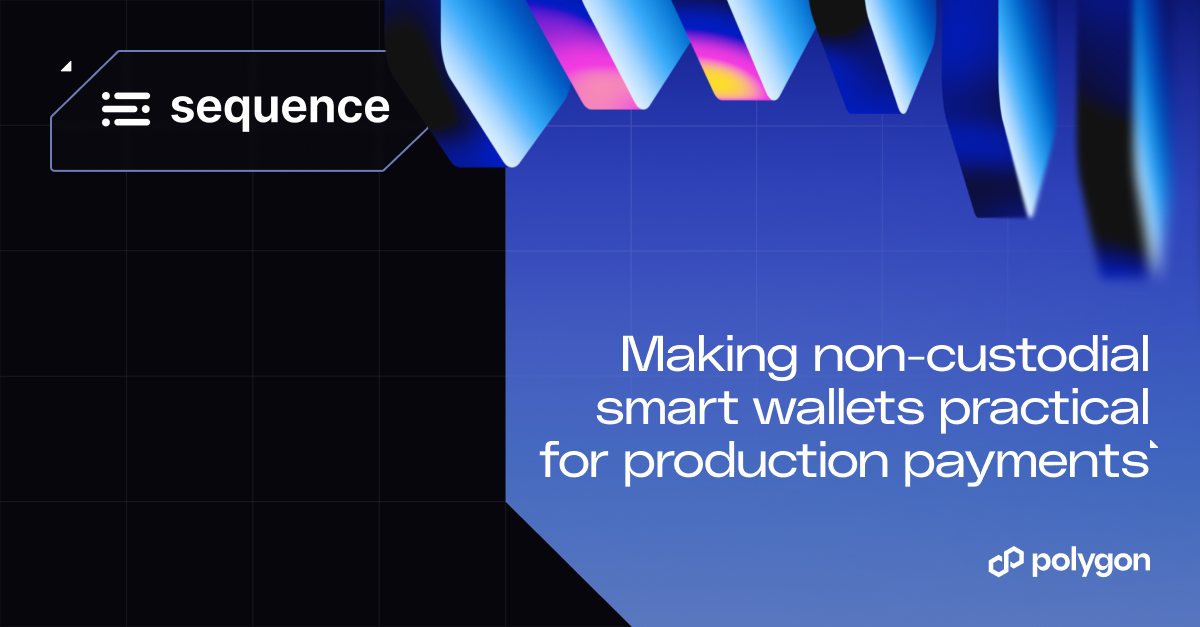Polygon Reaches First Sustainability Milestone by Achieving Network Carbon Neutrality

Polygon has made a major first step toward becoming carbon negative with the retirement of $400,000 in carbon credits representing 104,794 tonnes of greenhouse gasses, or the entirety of the network’s CO2 debt since inception.
The milestone comes after Polygon in mid-April released its Green Manifesto, part of its broader vision for sustainable development. The platform has pledged $20 million for a series of community initiatives aimed at utilizing Web3 to create a more sustainable future for all, including new solutions for on-chain carbon credit retirement.
Polygon reached carbon neutrality by partnering with KlimaDAO, a decentralized collective of environmentalists, developers, and entrepreneurs that is widely recognized as a pioneer in the nascent, on-chain carbon market. KlimaDAO has brought transparency and accessibility to the otherwise opaque voluntary credit markets.
In helping to implement the first phase of Polygon’s long-term commitment to sustainability, KlimaDAO, in partnership with Offsetra, analyzed the network's energy footprint to identify emissions hotspots and develop an effective mitigation strategy. The scope of analysis covered emissions from staking node hardware, energy consumption of staking operations, and contracts directly interacting with Ethereum mainnet. Polygon also works with the Crypto Carbon Ratings Institute (CCRI) to audit its carbon footprint.
Polygon then purchased $400,000 worth of tokenized credits via the on-chain carbon market and retired them using KlimaDAO’s offset aggregator tool. All BCT and MCO2 tokenized credits were created from offsets certified under the Verified Carbon Standard, one of many independent standards endorsed by the International Carbon Reduction and Offset Alliance (ICROA), a key industry body setting best practices and ensuring environmental integrity within the voluntary carbon market.
Polygon also worked with KlimaDAO to support specific projects on its blockchain by retiring the carbon credits these projects have generated. The projects are:
- Bull Run Forest Conservation project, located in Belize, which protects pine forests covering an area roughly 14 times the size of Central Park in New York.
- The Ghani Solar Power Project, which is a 500-megawatt renewable electricity generation project in Kurnool, Andhra Pradesh, India and part of a larger solar park by Greenko Group. Over the next decade, the project will avoid the emission of 887,800 tons of greenhouse gasses each year.
- The wind power project at Jaibhim, India, built by wind energy company Suzlon for vaccine manufacturer Serum Institute of India. The institute commissioned 16 Wind Turbine Generators (WTGs) that produce 50,662 megawatt hours of electricity every year and mitigate 53,000 tons of greenhouse gasses.
- Moss.Earth, which finances various conservation projects in the Amazon rainforest via its MCO2 token.
"We are very excited to be partnering with our home chain Polygon,” stated KlimaDAO spokesperson Archimedes. “It's absolutely paramount that we continue to work together to advance the on-chain carbon market and establish KlimaDAO and Polygon as the leading innovators in this space.”
Blockchain technology makes carbon offsetting uniquely powerful, as carbon credits in any volume can be retired with complete transparency. Entities can purchase carbon offsets, view real time market data, and accelerate the delivery of financing to high-impact carbon projects around the world. By offsetting the historical emissions of the whole network, Polygon has ensured that every transaction – whether the minting of an NFT or a DeFi trade – is accounted for and its environmental impact is offset.
“Our world is facing an environmental crisis, and the blockchain industry must do far more than promise to stop adding to the problem.” said Sandeep Nailwal, co-founder of Polygon. “Reaching carbon neutrality is an important first step, but there is more work ahead. Polygon will lead the way as the whole industry moves toward becoming a net positive for the environment.”
On July 13th Polygon will host The Green Blockchain Summit, a virtual forum for Web3 leaders to develop solutions to the most urgent environmental problems facing the blockchain industry. The event will convene founders, operators, investors, academics, and more across Web3 and beyond with the goal of establishing standards and best practices in the Green blockchain space. Register now.
You can track our journey to becoming climate positive here and tune into our blog for the latest news from the Polygon ecosystem.
Website | Twitter | Ecosystem Twitter | Developer Twitter | Studios Twitter | Telegram | Reddit | Discord | Instagram | Facebook | LinkedIn



.png)




.png)
%20(1).png)
.png)



.jpg)
.jpg)
.png)
